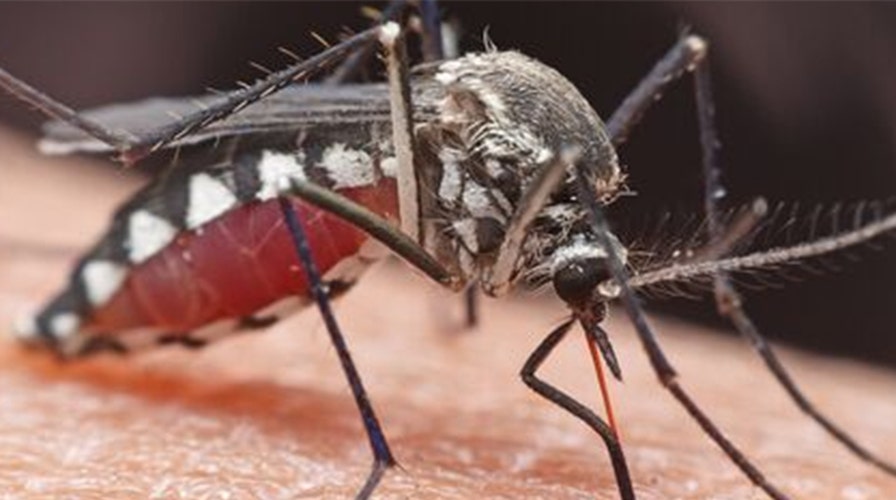Fox News Flash top headlines for July 30
Fox News Flash top headlines are here. Check out what's clicking on Foxnews.com.
Cases of West Nile virus have been reported around the country this summer, killing at least one person in California's San Luis Obispo County.
According to data from the U.S. Centers for Disease Control and Prevention (CDC), 21 neuroinvasive and non–neuroinvasive cases of the disease have been reported nationwide as of Tuesday, July 27, 2021.
DELTA SEEMS MORE DANGEROUS THAN OTHER COVID-19 VARIANTS, CONTAGIOUS AS CHICKEN POX, REPORTS SAY
On Tuesday, Dallas, Texas, saw its first human case and WFAA reported that the state's Department of State Health Services recorded 122 cases of West Nile virus and 24 deaths last year.
More than 1,600 miles away, the state of Connecticut had confirmed West Nile virus is mosquitoes in multiple localities, according to the Connecticut Post.
The outlet said there had been an expected bump of activity in the state as temperatures warmed and that West Nile virus had infected eight people statewide last year.
Other cases of the virus have reportedly been found in mosquitoes in Los Angeles, Michigan's Kent County, Texas' Tarrant County and a chicken in Delaware's New Castle County.
The CDC shows other cases in Arizona, Arkansas, Iowa, Nebraska and North Dakota and more have been reported in other states like Massachusetts.
FLORIDA KEYS TO SEE RELEASE OF FIRST GENETICALLY MODIFIED MOSQUITOES
West Nile virus is the leading cause of mosquito-borne disease in the continental U.S. and is most commonly spread by mosquito bites, according to the agency.
The CDC notes that cases occur during mosquito season each summer through fall.
While there are no vaccines or medications to treat West Nile virus, around 1 in 5 people develop a fever and other symptoms and around 1 in 150 people develop a serious and sometimes fatal illness.
Although most people do not experience symptoms, more serious symptoms include headache, body aches, tremors, neck stiffness, disorientation, coma, tremors, convulsions, weakness, vision loss, numbness, paralysis, joint pain, vomiting, diarrhea and rash.
People over the age of 60 are at greater risk for severe illness if they are infected as well as people with certain medical conditions.
CLICK HERE TO GET THE FOX NEWS APP
Recovery from West Nile virus may last weeks or months and some effects on the central nervous system might be permanent.
People can reduce the risk of getting West Nile virus by wearing long-sleeved shirts and long pants to prevent bites and using insect repellent.



